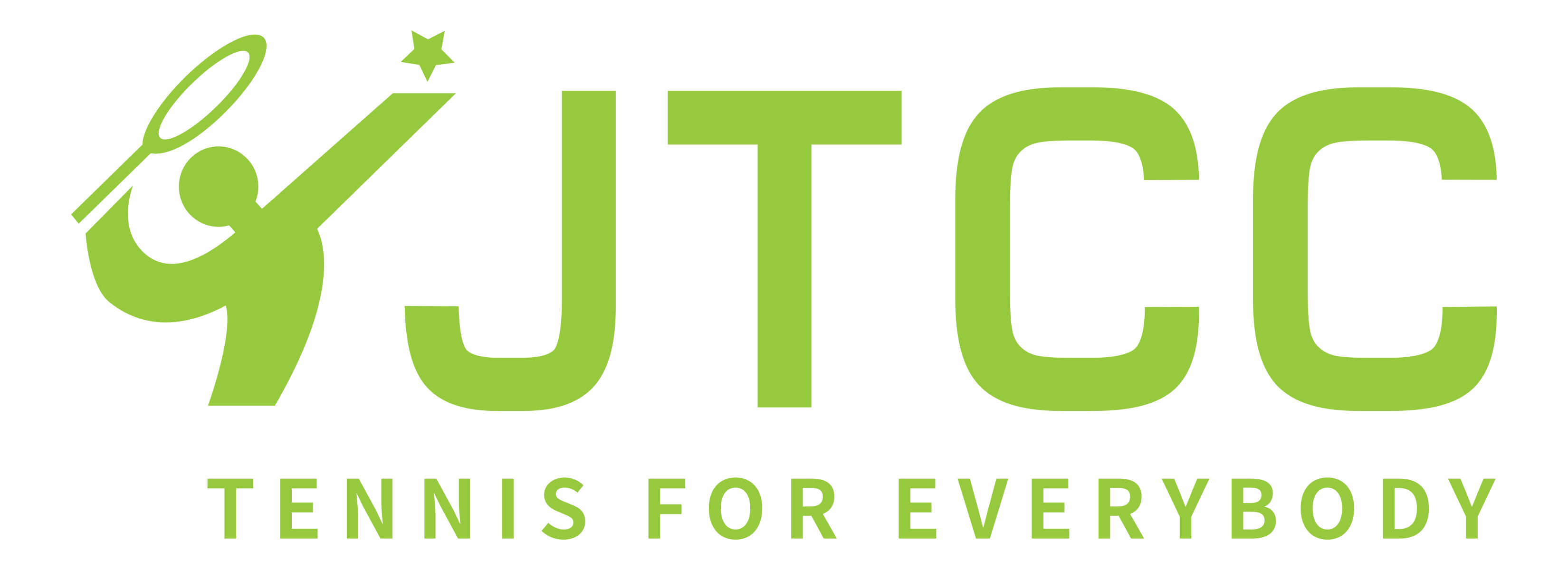
JTCC Senior Director of Tennis and 2011 USOC Developmental Coach of the Year Vesa Pönkka (pictured above in blue) joined JTCC Senior Director of Competition and Coaching Chuck Kriese last month on Kriese’s American Tennis podcast. Below is a partial transcript of their conversation that touched on the beginnings of JTCC, Vesa’s start in tennis and the philosophy that JTCC coaches and players embrace and employ:
How did operations at the Junior Tennis Champions Center commence in 1999?
Vesa: It was a very humble and modest start. When we started, we had nothing. We had no tennis center. No courts. During the first winter, at eight o’clock at night, we used three vans to transport the players to practice. We drove them 60 minutes to the countryside where there was a bubble. We trained from nine to twelve. I loved it. It sent a great message not only to our coaches but to our players. It’s not about the festivities. Work ethic and dedication will make the program a success. Our first generation was superb. Phillip Simmonds. Treat Huey who is now one of the top doubles players in the world. Jason Pinsky was No. 1 in the country. Juan Carlos Rebaza was No. 1 in all of South America. I have always been a big believer in environment. If you have people around you with the right mindset, it is much easier to get to the next level.
Where did your tennis journey begin?
Vesa: I grew up in the countryside in Finland about fifty miles from the town. My father was a farmer. I helped him on the farm since the day I could walk. I got hooked up on tennis somehow. I was also a ski-jumper and hockey player but tennis hit a particular nerve when I was 10. My family did not have the money for me to train indoors. And in Finland, the winter is about 6 to 7 months long. Instead, I built my own training center in the barn. If it was warmer than minus ten degrees Celsius, I did not have to wear gloves.
Describe the training you endured with Niki Pilic in Germany…
Vesa: He is one of the toughest human beings that I have ever met. He was a man of very few words. I remember in the spring time in Europe we were training for the clay court season. We were on the red clay. It was the early 80’s so we still had wooden racquets. Niki thought it was a crime if you hit a neutral ground stroke into the net or a second serve return into the net. It was unacceptable. So Niki would walk around the courts during practice and if someone hit an easy ball into the net, he would give them a plastic spoon. And you would proceed to eat a spoonful of red clay. Very quickly you would learn not to miss those shots. I still remember how the red clay tasted.
What makes JTCC unique in terms of academy training?
Vesa: I do not like the word ‘Academy’. There is either good training or bad training. I think you should keep things very simple. You have to get into the player’s head. It starts from the inside. Coaches have to motivate and inspire the players and that is one of the requirements to work here. You have to inspire young people. The coaches have to impress on young players that they have the freedom and time to learn but they do not have time to waste. When you get to that point, young players have an urgency and are eager to learn. There are no burnouts if young players are learning. You can burnout training three hours a day if you are not learning. But you will not burnout if you are training eight hours a day and are learning.
Talk about the mentoring program that JTCC has adopted…
Vesa: I was sitting on the floor of Jason Raynor’s [former Clemson tennis player] apartment and thinking ‘What is the one common thread that ties together the top tennis players?’. They all had a strong driving force behind them. Mostly their parents but sometimes teachers. Every player in our program has a driving force behind them. First, we employed the traditional coach to player mentoring. But then it started to evolve into a three-tiered program. Coach to coach. Coach to player. Player to player. But this is not about having a system and fitting players and coaches into rigid molds. Too often, I see that coaches endeavor to make the player believe in their system. Instead, the coach needs to believe in the player. When the players get that feeling then they have the freedom to fail. And when they have that freedom to fail they can try different things and learn from mistakes. And we [coaches] are there to mentor them in that learning process.
To listen to the entire interview, click here and scroll down to the January 31 podcast.


